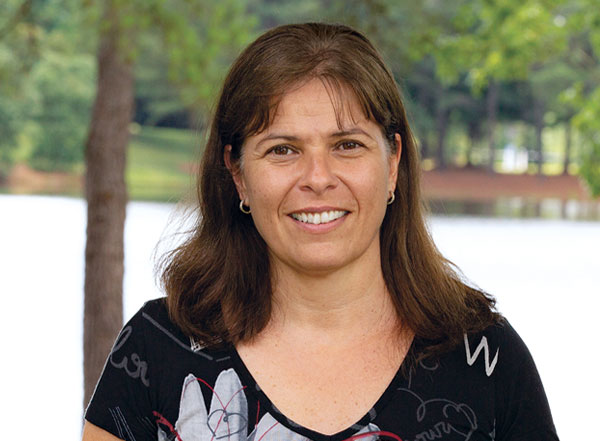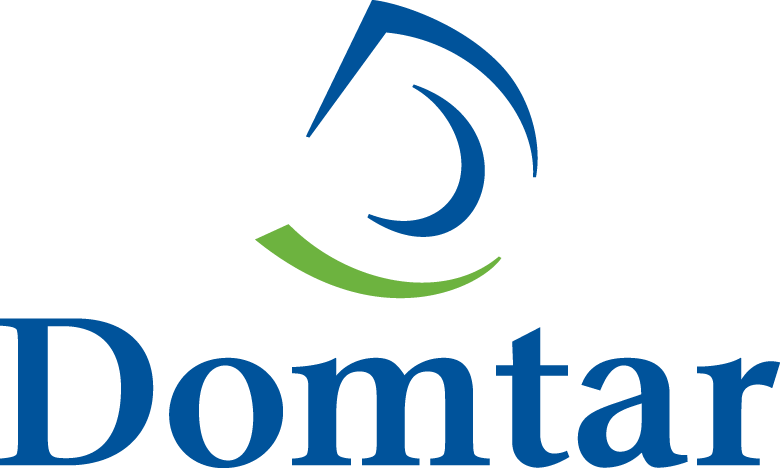Raising the Bar in Sustainable Forestry in Wabigoon and Trout Lake Forests
Domtar committed in 2019 to pursue new Forest Stewardship Council (FSC) certification standards for the province of Ontario (Canada) public lands that we manage in the Wabigoon and Trout Lake forests, near our Dryden Mill.
We successfully completed a surveillance audit on the Wabigoon forest in 2020, with the auditor recommending that certification be maintained under the new FSC National Forest Stewardship Standard of Canada.
Work continues toward certifying the nearby Trout Lake forest.
“Our on-the-ground management practices, coupled with a rigorous provincially-mandated forest management planning process, help to hit the mark with FSC,” says Marie Cyr, general manager of the Dryden Mill. “We are proud of our record of sustainable forest management. The fact that the Dryden Mill has been operating in this forest area for over 100 years demonstrates that we are managing our forests sustainably.”

Marie Cyr
General Manager, Dryden Mill
The Trout Lake forest area required a full certification audit to ensure that we meet all the rigorous principles of the new FSC standard and to allow for collaboration with stakeholders and Indigenous communities.
The new FSC National Standard, which was launched in Canada in June 2019, replaced the previous National Boreal Standard and raised the bar for demonstrating sustainable forestry.
Requirements range from physical solutions, such as protection zones around waterways, to social solutions that address gender equity and enhanced engagement with First Nation communities and local communities.
Applying a new FSC standard requires time to interpret and operationalize the nuances of the recommendations on the ground. This transparent process involves multiple stakeholders, including communities and environmental organizations, which is why the timeline stretches into late 2022.
The COVID-19 pandemic made that process more challenging, but we have found new ways to collaborate with First Nation communities in the region.
Colleagues at our Dryden Mill have worked for years with various First Nation leaders to develop business partnerships and opportunities to benefit all in the community. These have included supporting a tree seedling nursery, and contracting services for tree planting and thinning, road construction, site preparation, and harvesting and chipping.
In addition to understanding First Nations' values and incorporating their protection into the 10-year forest management plans, Domtar consults First Nation communities prior to seeking approval for annual forest operating plans from the Ontario provincial government.
Additional efforts have focused on supporting First Nations' cultural events and cultural awareness for Domtar employees, and educational and vocational opportunities for First Nations' youth.
After mid-March 2020, in-person meetings with First Nation leaders were suspended because of the pandemic. This has made continuing the conversations more difficult, but work is being done to advance a collaborative plan that will support certification and benefit all in the region.
“FSC is a model of how to build consensus within groups of common values and divergent interests,” says Chris Grant, forestlands manager at Dryden. “Gaining FSC certification on a public forest is meant to be a collaborative approach among local First Nations and stakeholders.
“The standard itself is a value proposition for enhancing the stewardship of public forests. Domtar is committed to bringing these value propositions to the local First Nations and stakeholders to have a healthy discussion as to what is in the best interests of the forest and the people who live here.”

Marie Cyr
General Manager, Dryden Mill
